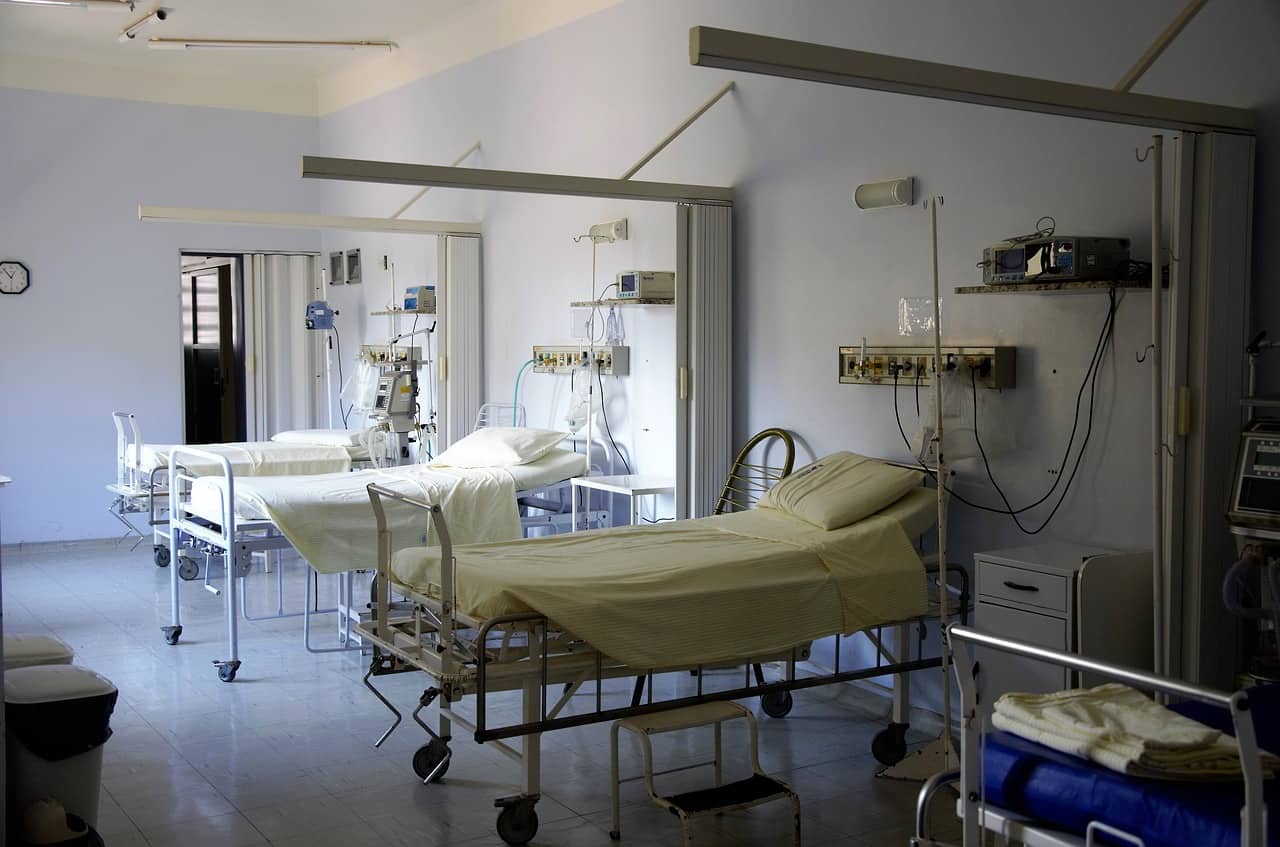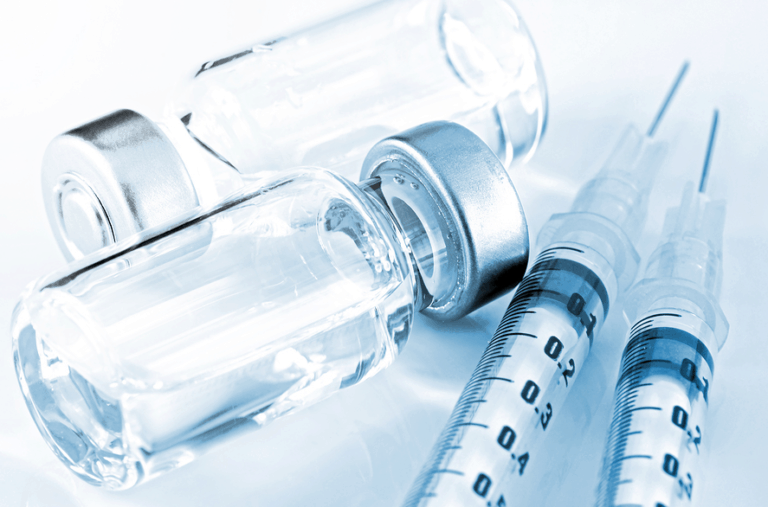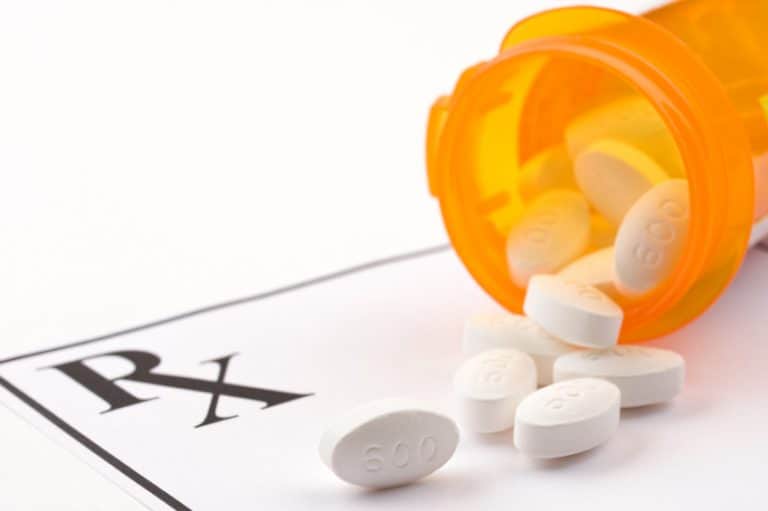Can a prostate biopsy cause prostatitis is a question asked by many men before undertaking a prostate biopsy procedure to see if they have prostate cancer. If your doctor has recommended you undergo a prostate biopsy because he or she suspects you may have prostate cancer, is there a possibility you could develop prostatitis after the biopsy?
Although only a few studies have explored this possibility, there is substantial evidence prostatitis can be a complication of prostate biopsy, so it should be among the questions to ask your doctor about prostate biopsy.
Consider the findings of the following studies. In one, researchers evaluated a total of 1,216 prostate biopsies conducted from 2000 to 2006 at two centers. Seventeen men were hospitalized for acute bacterial prostatitis after they had a prostate biopsy, a rate of about 0.01%.
All of the men had received a single dose of fluoroquinolone antibiotics (such as Cipro) at least one hour before they underwent the prostate biopsy. (Administering antibiotics before a prostate biopsy is standard procedure to help prevent the risk of infection, including prostatitis.) The most common bacteria identified as a cause of prostatitis was Escherichia coli in nine cases. Most of the cases were resistant to fluoroquinolones (88%) and to cotrimoxazole (77%), but second and third generation cephalosporins (e.g., cefuroxime, cefaclor, ceftazidime, cefprozil) were effective in 100% of cases.
Another study evaluated 1,339 men who underwent transrectal prostate biopsy to determine “can a prostate biopsy cause prostatitis.” In this group, 28 (2.1%) developed acute bacterial prostatitis a mean of 3 days after the procedure: 15 got prostatitis after their first biopsy and 13 developed the infection after a repeat biopsy.
As in the previously mentioned study, E. coli was the most common culprit bacteria (50% of cases), and the men were resistant to the antibiotics ciprofloxacin, ceftriaxone, sulbactam/ampicillin, and cefazolin, but did respond to imipenem and piperacillin-tazobactam.
In a subsequent study, investigators evaluated 107 men who underwent transrectal prostate biopsy between 2008 and 2010. A total of 9.3% of the men developed acute bacterial prostatitis, and the most significant risk factor for prostatitis was use of a fluoroquinolone antibiotic before the prostate biopsy: acute prostatitis had developed in 17.1% of men who had used a fluoroquinolone compared with 4.5% of men who had not taken this class of antibiotics. Again, E. coli was the most common bacteria identified as the cause of the acute prostatitis. The authors concluded that “Prior fluoroquinolone intake is a significant risk factor behind a rising incidence of acute prostatitis after transrectal prostate biopsy.”
If a prostate biopsy is on your “To Do” list, the findings of these studies are food for thought. Although chances you will develop acute bacterial prostatitis following a prostate biopsy are not large, at least one study showed the risk was nearly 10%, and that use of fluoroquinolone antibiotics before the procedure appears to have been a significant factor. During your prostate biopsy recovery period, you don’t want to have to worry about prostatitis. Before your prostate biopsy, question your doctor about how to best prevent the possibility of prostatitis which may include natural therapies reduce the risk of infection such as supplements for prostatitis.
Read more in our Prostatitis Health Center.
References
Ekici S et al. Fluoroquinolone-resistant acute prostatitis requiring hospitalization after transrectal prostate biopsy: effect of previous fluoroquinolone use as prophylaxis or long-term treatment. Int Urol Nephrol 2011 May 6
Mosharafa AA et al. Rising incidence of acute prostatitis following prostate biopsy: fluoroquinolone resistance and exposure is a significant risk factor. Urology 2011 Sep; 78(3): 511-14
Ozden E et al. Incidence of acute prostatitis caused by extended-spectrum beta-lactamase-producing Escherichia coli after transrectal prostate biopsy. Urology 2009 Jul; 74(1): 119-24







